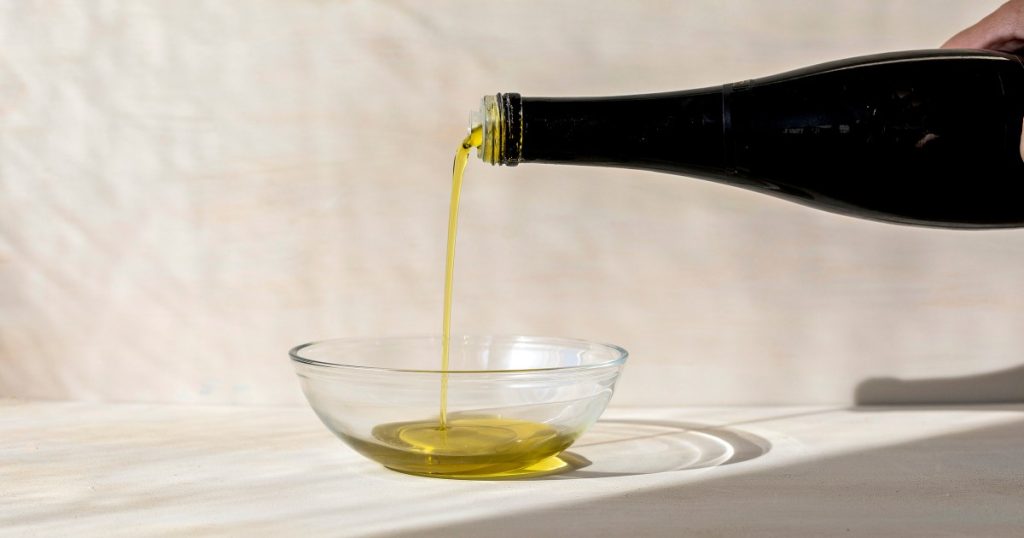Olive oil is an essential component of the Mediterranean diet, which is widely recognized as one of the healthiest ways to eat. Switching to olive oil instead of other fats is a simple way to improve your overall health due to its numerous benefits. Olive oil is rich in monounsaturated fats, which help lower LDL cholesterol, and contains over 30 phenolic compounds that act as antioxidants to protect cells from free radical damage. These compounds also have prebiotic properties that support the growth of beneficial bacteria in the gut, which is crucial for maintaining overall health. In addition, a tablespoon of olive oil provides 126 calories, 14 grams of healthy fat, and nearly 30% of the daily recommended intake of vitamin E.
When shopping for olive oil, there are three main types to choose from: extra virgin olive oil (EVOO), olive oil, and light olive oil. EVOO is the least processed and most flavorful option, while olive oil is a blend of EVOO and refined oil, with a milder taste. Light olive oil has the same nutritional content but a more neutral flavor. It is recommended to purchase olive oil in dark bottles, look for the country of origin on the label, and check the best-buy date. Proper storage of olive oil in a cool, dark place is essential to maintain its quality and freshness.
Using olive oil instead of unhealthy fats can have a positive impact on various aspects of health, including skin and hair, heart health, brain health, and cancer prevention. Olive oil can be applied topically to promote wound healing and protect against skin cancer, as well as improve collagen production and protect against oxidative stress. When consumed, olive oil can help protect the heart by replacing less healthy fats with its beneficial properties, reducing the risk of heart disease. Additionally, olive oil is associated with a lower risk of cognitive decline and dementia, and may offer protection against various types of cancer.
Incorporating 1 to 4 tablespoons of olive oil into your daily diet can provide numerous health benefits, such as lowering the risk of heart disease, dementia, and cancer. It is recommended to use olive oil for cooking, baking, sautéing, and as a salad dressing or marinade. While consuming olive oil in moderation is beneficial, it is not advisable to drink it on its own as it may lead to excessive calorie consumption without the appetite-regulating effects of chewing. Overall, incorporating olive oil into your meals in a variety of ways can help you reap its health benefits and improve your overall well-being.













